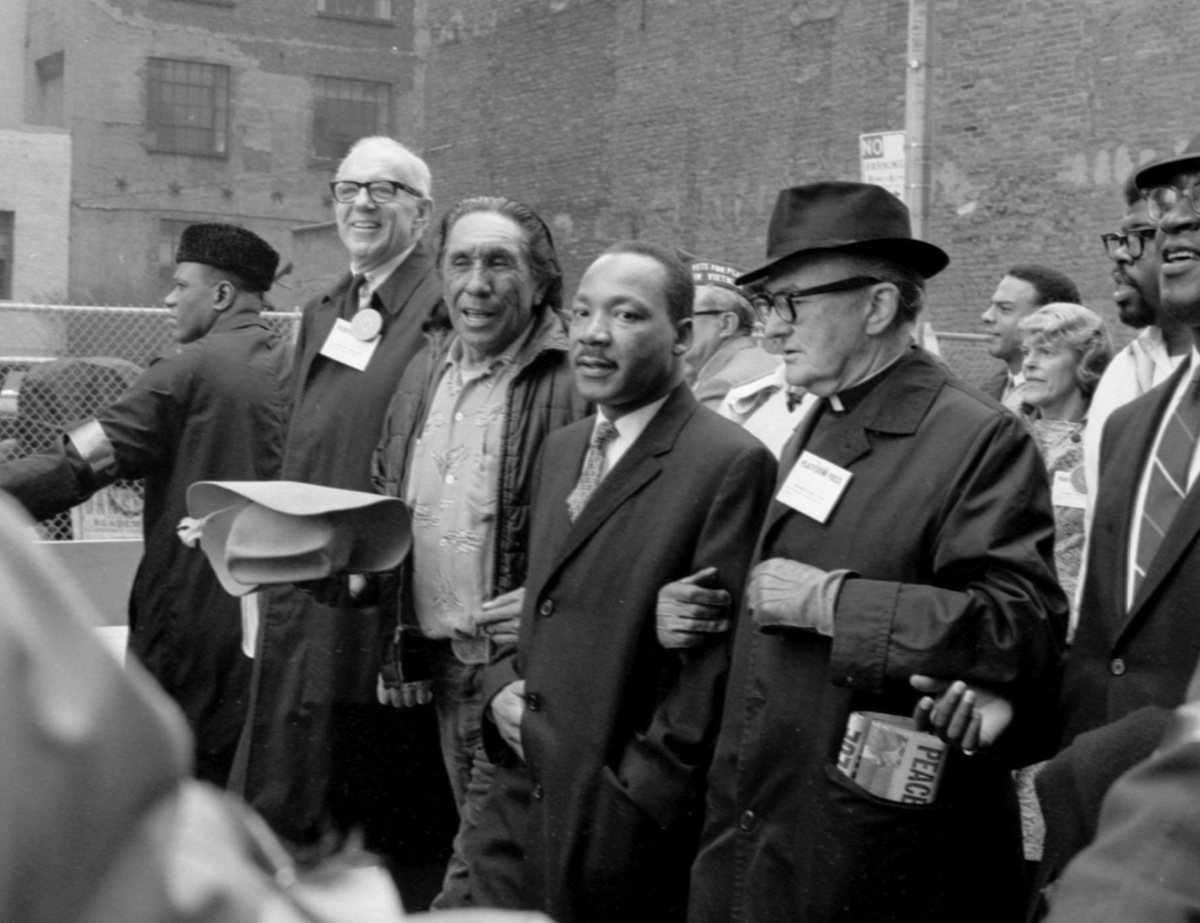(Akiit.com) Thirty-six years ago, this country first celebrated Martin Luther King Jr. Day — but not every state did so. In a continued demonstration of the words and life of Dr. King, not even recognizing his greatness was done equally.
In his Letter from Birmingham Jail, the Reverend Dr. Martin Luther King Jr. charged us all with a mission when he wrote:
“Injustice anywhere is a threat to justice everywhere. We are caught in an inescapable network of mutuality, tied in a single garment of destiny. Whatever affects one directly affects all indirectly.”

With these words Dr. King sought to recruit everyone to the cause of justice – including those fortunate enough to live lives free of various forms of injustice. Two years later, in his eulogy of Jimmie Lee Jackson — who was murdered by an Alabama state trooper – Dr. King again reminded us all that the journey to justice is a collective responsibility:
A state trooper pointed the gun, but he did not act alone. He [Jimmie Lee Jackson] was murdered by the brutality of every sheriff who practices lawlessness in the name of law. He was murdered by the irresponsibility of every politician, from governors on down, who has fed his constituents the stale bread of hatred and the spoiled meat of racism.
Dr. King’s message, offered almost 60 years ago, remains a clear guidepost and reminder today for the work we must do in policing, the justice system, and society – together.
I entered policing almost 30 years ago, following the beating of Rodney King and the ensuing demonstrations and riots. Some will disagree — but policing has been completely overhauled in those 30 years. This is not to say that more work is not needed — of course it is. Policing, like every institution, must continuously improve as our society evolves. Departments across the country, including Seattle, have demonstrated how to do this critical work of improvement in a way that is data-driven, transparent, and engages the community. Denying this erases the efforts of so many outside of policing who have pushed for these changes, as well as those in the profession who have implemented and championed them.
This work, however, should not be left to those departments with the will and abilities to successfully implement it. Working collectively, there needs to be a national effort to mandate basic standards around police practices, uses of force, transparency, and training, be these at the state and/or federal level. It is unconscionable to allow how people are policed to continue to depend on the will and commitments of their local politics. Just as we did not ask oppressed individuals to wait for their local communities to end Jim Crow era laws, everyone across this country should have some level of comfort that the level of professionalism in the police they encounter will not vary by the town they live in or visit.
Dr. King’s words also remind us that for true justice to be a national standard, these efforts cannot focus on policing, alone. The police often are placed in the middle of complex, intractable problems because of the lack of justice in almost every aspect of our society. Yes, historical unequal application of the law and distribution of police powers have helped to ensure the maintenance of these disparities – but they are not the cause of them. If we do not make our systems of education, housing, healthcare, and overall economic access, free of discrimination and racism, a reformed justice system will still be tasked with working to maintain social order and safety amidst a system inherently designed to produce those negative outcomes. Regardless of who is sent to a 911 call about a person experiencing a mental health crisis, if the mental health system continues to not serve everyone equally, at some point the problem will be the responsibility of a police officer.
Our country is not where it was in the 1960s. Thanks to the hard work and commitment of national figures like Dr. King and leaders and everyday people across the country, America has marched ever closer to true equality. The past few years at times have felt both like a giant step backwards and a huge leap forward. If we do not ground ourselves in the challenge of Dr. King — to work collectively toward a society where every aspect of it is equal – we will continually disappoint ourselves by expecting these systems to not experience the tragic results of ongoing disparity. This is why we must keep the dream of Dr. King alive as we seek equity in policing and every aspect of society.
Columnist; Carmen Best
Official website; https://twitter.com/carmenbest









Leave a Reply